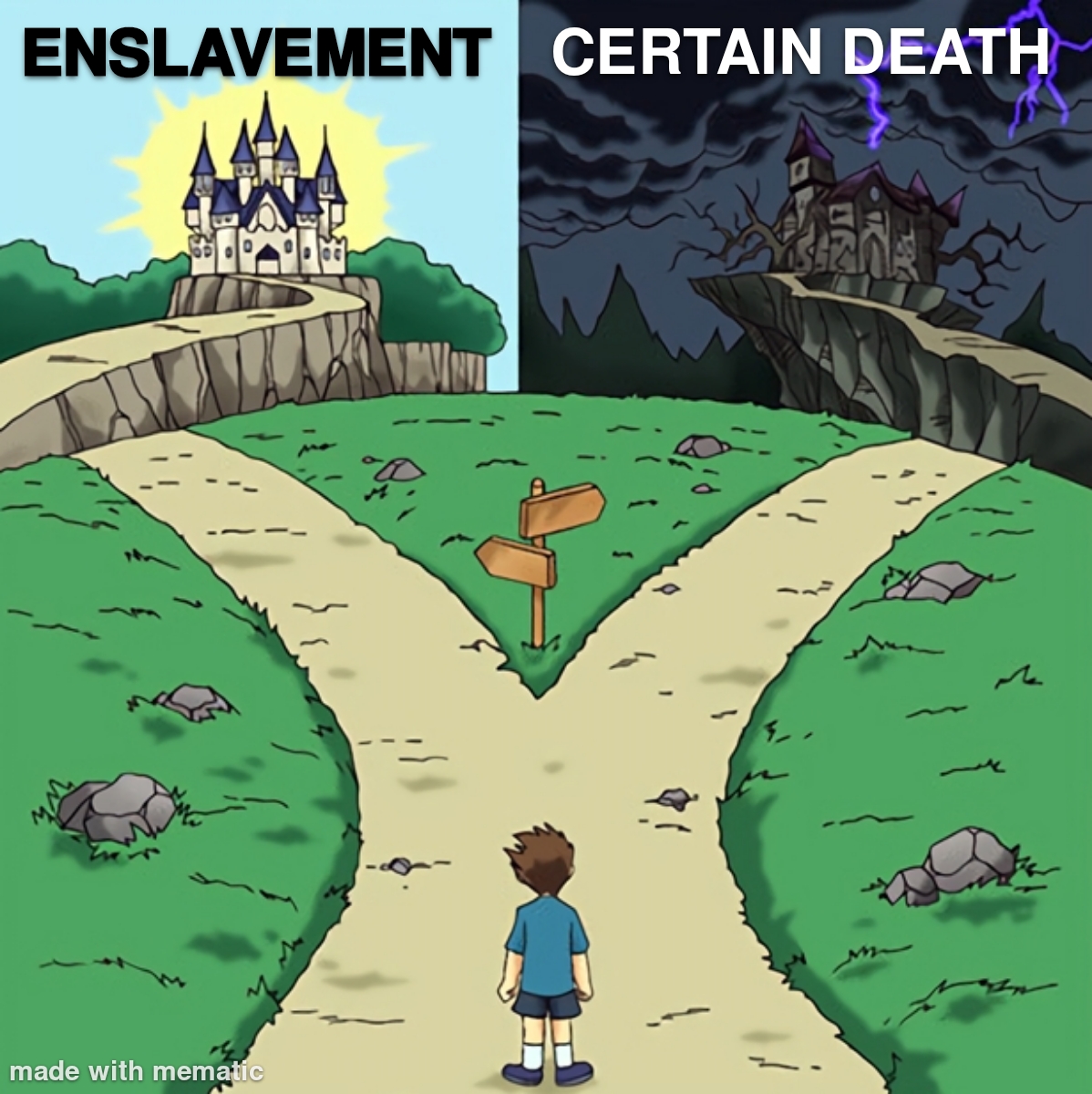M Corbett
 Scribe
Scribe
I’ve been finding that I get to a point in my novel (currently writing my first) where I know what plot I’m trying to set up but my character is not making it easy. It seems like they wouldn’t do the thing I imagined would set up the next plot point.
What have you done at these moments? Change the plot? Change the character? Burn it all and start again?
What have you done at these moments? Change the plot? Change the character? Burn it all and start again?

 Inkling
Inkling
 Myth Weaver
Myth Weaver Vala
Vala Troubadour
Troubadour